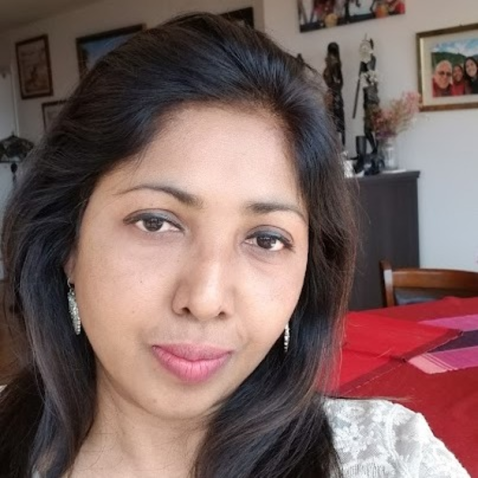23 February 2023
What do you do?
I am the Regional Stress Counsellor for Asia Pacific and Russophone countries in the Critical Incident Stress Management Section, UNDSS, New York. My portfolio includes 59 countries and hot spots like Afghanistan and Ukraine. I am responsible for coordinating emergency psychosocial support services for UN personnel in the region through a network of 75 internal and external counsellors.
What is the biggest excuse you frequently encounter around psychosocial support?
I often hear people say, "I have worked at the United Nations for so long; I have been in many places and seen and done everything; I don’t need a counsellor because I’m not sick."
What is the biggest consequence of not having a proper work life balance?
You may end up with a successful career in the UN but may not have lasting and fulfilling relationships in life. You may end up with a broken family. Nobody to love or to care for and vice versa. It’s not always easy to focus on managing personal relationships in life, if you work in a non-family duty station or if you travel a lot for work. COVID-19 obliged us to spend more time with our families and ourselves, which for many of us was a wake-up call to take a good look at our work-life balance.
You support people every day, how do you support yourself?
When alone, I have conversations with myself, with my inner critique. As a psychologist, these talks help me to ground myself and look at life in a philosophical way. I don’t let anything bother me to the point where I am overly distressed. Mindful detachment is what I call it, a concept in Buddhism. I also enjoy singing, dancing, watching a good crime thriller with my daughter on Netflix and eating my favorite food from home country - Sri Lanka.
What advice would you give to UN personnel when it comes to taking care of their psychological well-being?
Anyone who wants to enhance their psychological well-being should begin with self-awareness. This journey of touching base with oneself can start anytime and having a chat with a counsellor is a good start. The best advice I can give is “don’t wait to talk to a counsellor when your life is about to fall apart or you are on the edge, just make it a habit to reach out to a counsellor from time to time for a “weather check “, in other words, a “check in with yourself”.
Remember that absence of sickness does not mean that you are psychologically healthy, happy or content with life.

